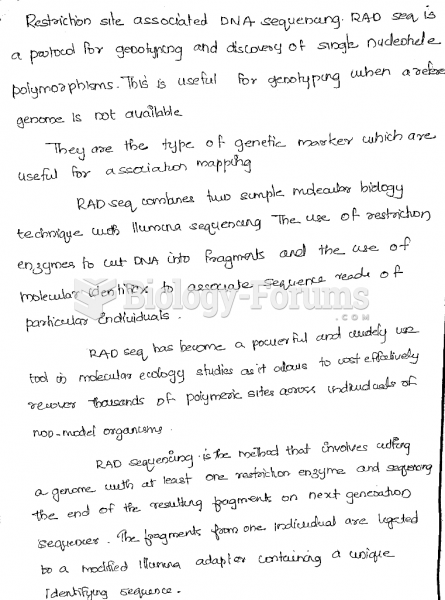Answer to Question 1
Puerto Ricans have consistently argued and fought for independence for most of the 500 years since Columbus landed. They continue to do so, even in the twenty-first century. The contemporary hybrid commonwealth arrangement is popular with many Puerto Ricans, but others prefer statehood, whereas some call for complete independence from the United States.
The advantages of Puerto Rico's current commonwealth status are as follows:
1 . Island is under U.S. protection.
2 . Islanders enjoy U.S. citizenship with a distinct national identity.
3 . Residents don't pay federal income taxes (they do pay into Social Security, Medicare, and 32 percent to island tax collectors).
4 . United States provides federal funds in the sum of 22 billion annually and offers other tax advantages.
5 . Island retains representation in the Miss Universe pageant and Olympic Games.
The disadvantages of Puerto Rico's current commonwealth status are as follows:
1 . United States has ultimate authority over island matters.
2 . Residents cannot vote for president.
3 . Residents who work for any company or organization that is funded by the United States must pay federal income taxes.
4 . Although Puerto Rico has a higher standard of living compared to other Caribbean islands, it has half the per capita income of the poorest states in the United States.
5 . Island cannot enter into free-trade agreements.
Puerto Rico's statehood status could fetch it the following advantages:
1 . Permanent and guaranteed U.S. citizenship and an end to U.S. colonial rule over the island.
2 . The island would receive federal money to build the infrastructure.
3 . The island would be able to enjoy open-market trade with U.S. allies.
4 . The island would acquire six seats in the House of Representatives and two seats in the Senate, enabling the island to have more political clout and the right to vote in presidential elections.
Puerto Rico's statehood status could pose the following disadvantages:
1 . Possibility of English-only requirements (loss of cultural or national identity).
2 . An increased standard of living could result in greater economic deterioration because of the current muddled economic situation.
3 . Businesses that take advantage of certain tax benefits could leave the island, and future businesses might not consider working there.
4 . Island would lose representation in the Miss Universe pageant and Olympic Games.
An independent Puerto Rico could have the following advantages:
1 . Island would retain language and culture.
2 . Island would be able to participate in the global economy.
3 . End of U.S. colonial rule over the island.
An independent Puerto Rico could have the following disadvantages:
1 . Lose U.S. citizenship.
2 . Lose U.S. protection.
3 . Lose federal funds.
Answer to Question 2
The best-known Hispanic labor leader for economic empowerment was Csar Chvez, the Mexican American who crusaded to organize migrant farm workers. Efforts to organize agricultural laborers date back to the turn of the twentieth century, but Chvez was the first to enjoy any success. These laborers had never won collective bargaining rights, partly because their mobility made it difficult for them to organize into a unified group.
In 1962, Chvez, then 35 years old, formed the National Farm Workers Association, later to become the United Farm Workers (UFW). Organizing migrant farm workers was not easy because they had no savings to pay for organizing or to live on while striking. Growers could rely on an almost limitless supply of Mexican laborers to replace the Mexican Americans and Filipinos who struck for higher wages and better working conditions.
Despite initial success, Chvez and the UFW were plagued with continual opposition by agribusiness and many lawmakers. This was about the time the UFW was also trying to heighten public consciousness about the pesticides used in the fields. Chvez had difficulty fulfilling his objectives. By 2011, union membership had dwindled from a high of 80,000 in 1970 to a reported 5,000 . Nevertheless, what he and the UFW accomplished was significant. First, they succeeded in making federal and state governments more aware of the exploitation of migrant laborers. Second, the migrant workers, or at least those organized in California, developed a sense of their own power and worth that will make it extremely difficult for growers to abuse them in the future as they had in the past. Third, working conditions improved. California agricultural workers were paid an average of less than 2 an hour in the mid-1960s. Still, given the lack of regular harvesting, by 2011 a migrant farm worker's wages for a year rarely topped 12,000 doing labor few people would consider at three times that wage.







